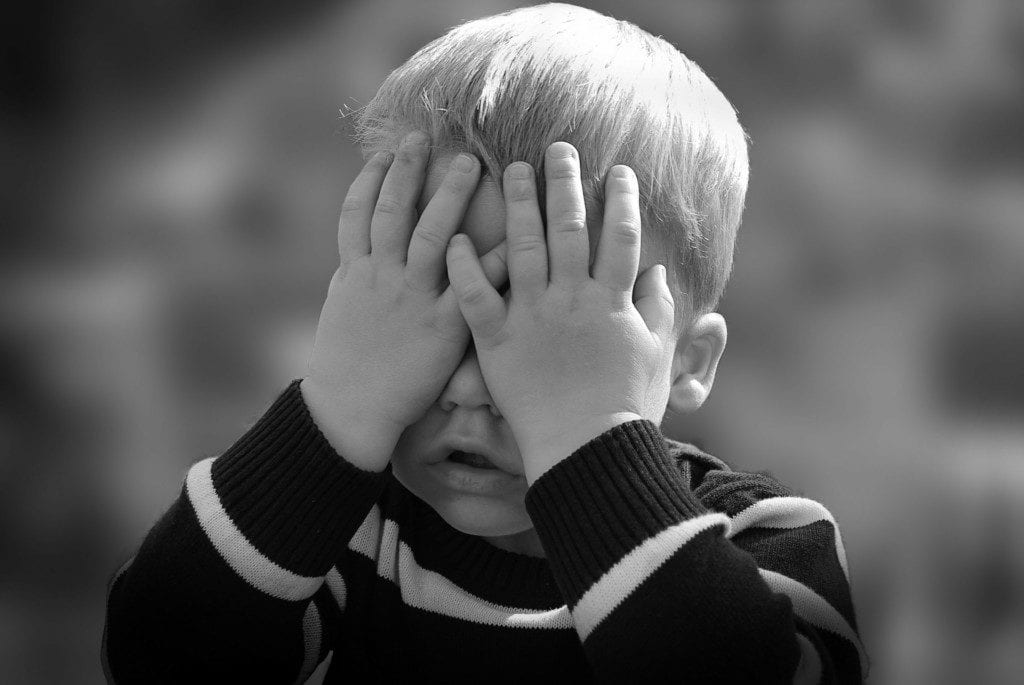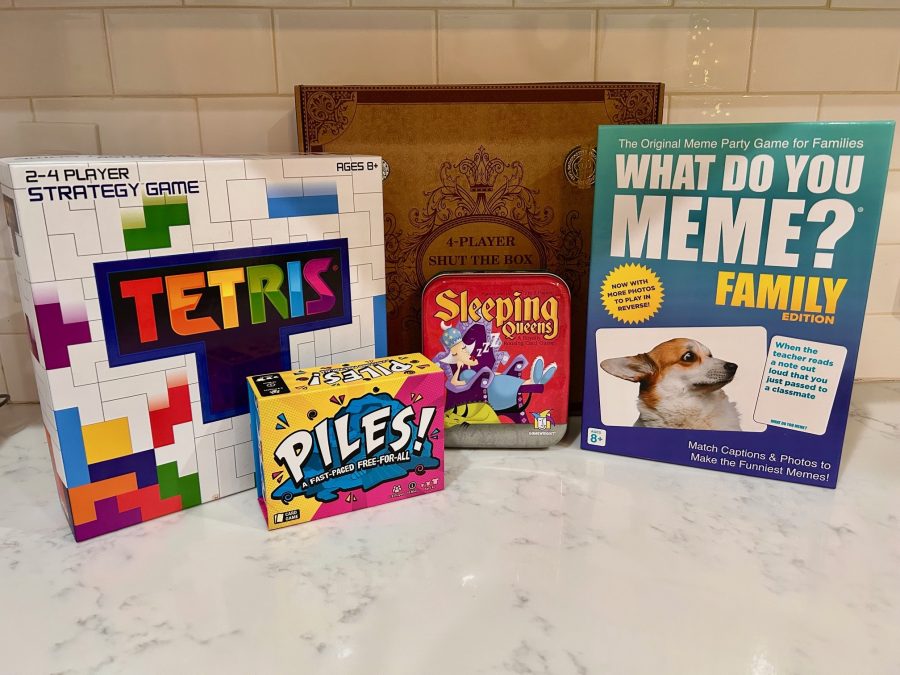“Terrible Twos” has long been the phrase coined for those tumultuous early childhood years where they begin testing their independence and limits.
But I think that’s a lie. Two was a sweet year. We were still the coolest people around. He listened to what we told him to do. And you never had to worry if you were pouring his milk in the right colored cup.
Then came the third birthday, and with it, a newfound sense of independence while simultaneously discovering his emotions. Enter, the THREENAGER.
 One minute, he’s lovingly cuddled up enjoying a book with you. The next, he’s in tears because his favorite fork is in the dishwasher. He sets the table perfectly, often without being asked to. And then sneaks out of his room for a midnight ice cream sandwich. (Yes, that really happened.) Sometimes you’ll get an “I love you to the moon and back!” and others it’s “You’re not coming to my party!” (Hah! Good luck with that kiddo!) It’s an emotional roller coaster for everyone involved and leaves me wondering the best way to handle it all.
One minute, he’s lovingly cuddled up enjoying a book with you. The next, he’s in tears because his favorite fork is in the dishwasher. He sets the table perfectly, often without being asked to. And then sneaks out of his room for a midnight ice cream sandwich. (Yes, that really happened.) Sometimes you’ll get an “I love you to the moon and back!” and others it’s “You’re not coming to my party!” (Hah! Good luck with that kiddo!) It’s an emotional roller coaster for everyone involved and leaves me wondering the best way to handle it all.
So I took to the library for a little guidance and came upon “No-Drama Discipline” by Daniel J. Siegel, M.D. and Tina Payne Bryson, PH.D. after I’d heard numerous recommendations for it. Now I understand everyone has different parenting styles, and this might not be your preferred method. But seriously, it makes so much sense:
“…a person’s capacity to handle situations well and make good decisions can really fluctuate according to the circumstances and the context of a given situation. Simply because we’re human, our capacity to handle ourselves well is not stable and constant. And that’s certainly the case with a five-year-old.”
When they are melting down in the middle of the grocery store over a box of cookies it can be difficult to pause and consider why they aren’t handling the current situation well. Especially if they handle the same situation well other times. The book offers this acronym of things to consider before we respond to our child’s actions:
Hungry
Angry
Lonely
Tired
Let’s be honest, “hangry” is also a real thing. Three-year-old or 33-year-old, nobody acts great when they are hungry or tired. And yet, since the child may not be able to understand or communicate what the real issue is, it’s easy to overlook it. Those four words to consider definitely do not prevent the emotional ups and downs of the threenager. But they do make it a little easier to understand why the wrong color cup is so devastating. Hopefully, it helps to pause and provide a little more compassion as they navigate their emotions and needs.
















